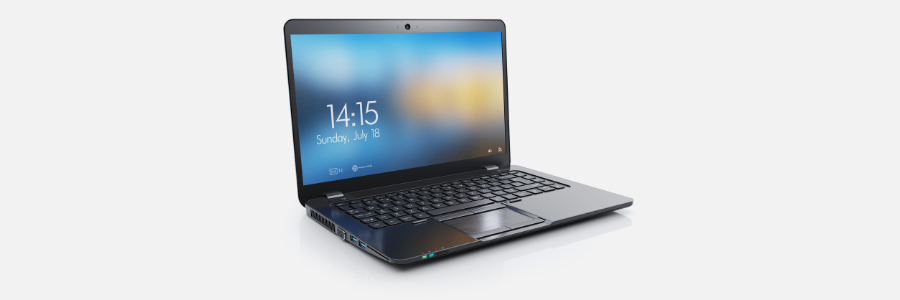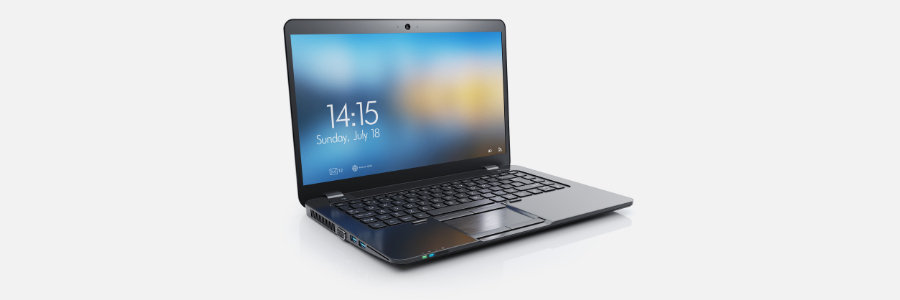
Being able to work in your PJs in the comfort of your own bed is one of the greatest perks of working from home. Working remotely is not so great, though, if you’re stuck with a laptop that’s slow and inefficient. If your laptop can’t keep up with your work needs and is dragging your productivity down, it’s time to get a new one. But what qualities should you look for in a laptop for remote working?
Laptop features to keep in mind
Choosing the best laptop doesn’t have to be difficult. Just keep these key features in mind and you’ll be sure to find the perfect laptop for your work from home needs.
- Size – When it comes to laptops, size matters. Choose a laptop size that will allow you to comfortably perform your tasks. If you’re a graphic designer, you might want to have a bigger display. However, if your work mostly entails writing, blogging, or doing reports, you probably need a standard-sized (11.6- to 15.6-inch) laptop.
- Screen quality – Just like with laptop size, comfort is the main factor when it comes to screen quality, since you’ll most probably be in front of your screen hours at a time. Fortunately, most laptops these days have a 1920×1080-pixel resolution (full HD), which offers plenty of space to line up windows and keep things in view.
- Keyboard quality – The quality and functionality of a keyboard drive productivity. For instance, if you usually type for hours at a time and you want to avoid finger fatigue, you’ll want a keyboard that has a comfortable layout. Make sure the keys have adequate travel on the downstroke and quick responsiveness when you type.
- CPU – By any given standards, Intel Core processors offer the best performance, especially when it comes to multitasking and multimedia tasks. Core i3-based laptops are generally found in budget systems, while Core i5 makes up the majority of mainstream business computers. If you want top-of-the-line performance, a Core i7 or even Core i9 CPU is ideal for you.
- RAM – More RAM allows for more applications to run simultaneously and for data to be quickly accessible by the system anytime. Nowadays, 8 GB is recommended for most users. But if you’re dealing with many applications and assets at any given time, consider 16 GB and above.
- Storage – Consider a laptop with a solid state drive (SSD), which offers a lot more speed than a hard disk drive when it comes to booting your system and loading programs. It also runs silently and can be installed without adding too much weight and bulk to the laptop.
- Battery life – Even if you’re plugged in the whole day since you’re working from home, it’s good to factor in the battery life of your laptop. Note that there are many variables that affect battery life, such as screen resolution, brightness, and the number of applications running in the background. Look at the capacity of the battery in watt-hours (Wh) or milliampere-hours (mAh); the higher the capacity is, the longer the battery can last, the longer the battery can last.
A laptop is an investment, so you should know what to look for and what to consider before purchasing one. While it’s tempting to get all the great features, it’s more important to have a laptop that’s reliable and best suited for your needs, especially when you can’t afford to deal with hardware issues while working from home. If you want to learn more about the best technology tools to support remote working, call us today to learn more.

